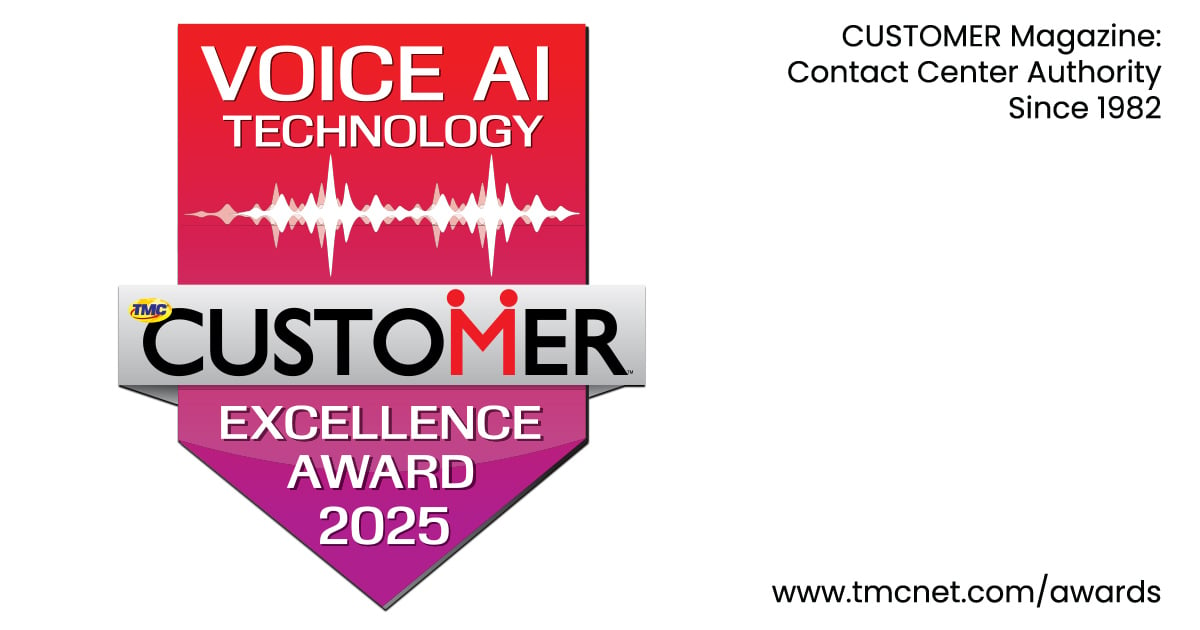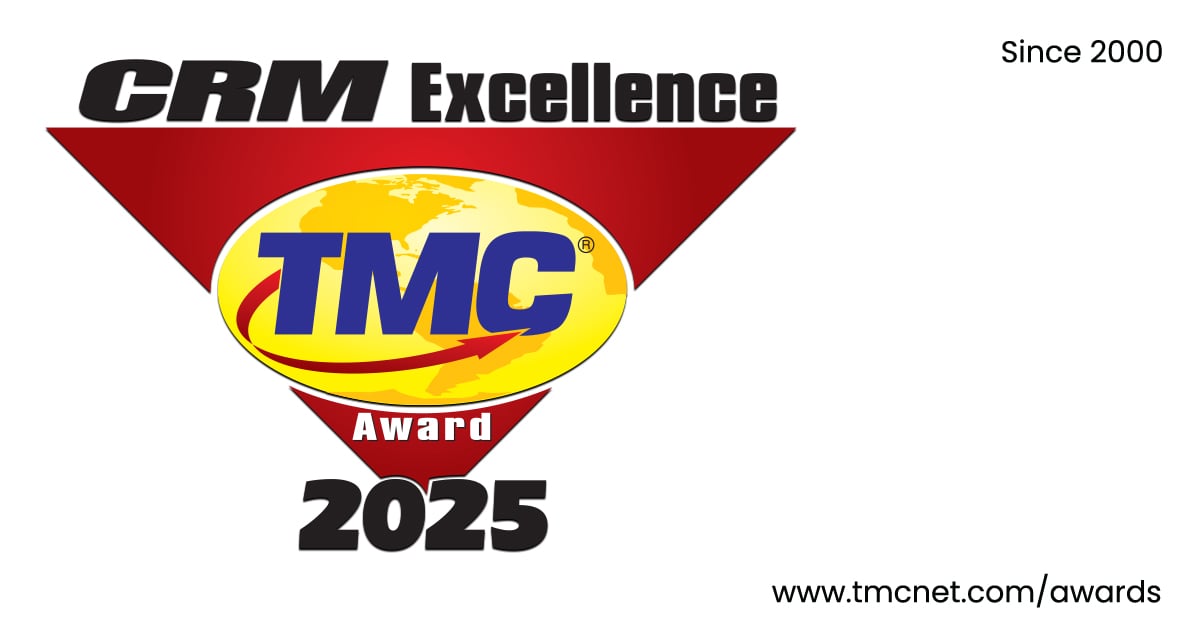
Starting a business is an exciting venture, but it’s crucial to understand the various types of liabilities that come along with it. Small business liability refers to the legal responsibilities and financial debts a start-up might face due to its operations, products or services.
For small businesses, being aware and prepared for these liabilities is essential. It can mean the difference between thriving and facing significant legal and financial challenges. By understanding the different kinds of liabilities — like general, professional and product liabilities — business owners can take proactive steps to protect themselves.
General Liability
General liability is fundamental to business protection. It protects a company against claims of bodily injury, property damage and personal injury during business operations. It's crucial to note that there are two primary types of commercial general liability policies — claims-made and occurrence policies.
The claims-made policy provides coverage for claims filed during the policy period, while an occurrence policy covers incidents during the policy period, regardless of when an individual files the claim.
Example scenarios where general liability can arise include a customer slipping and falling in a store, damage to a client’s property during a service or a lawsuit over advertising that inadvertently infringes on another business’s trademark.
Having the right general liability insurance is crucial to protect the business. This insurance can cover legal fees, medical expenses and damages if the business is liable. Additionally, good practices — like maintaining safe premises, training employees on safety protocols and adhering to ethical advertising standards — can significantly reduce liability risk.
Professional Liability
Professional liability is particularly relevant for service-oriented businesses. It protects against claims of negligence, misrepresentation, violation of good faith and inaccurate advice. It covers the legal costs and damages that may arise from the services provided by a business.
For instance, a client might sue an accounting firm for errors in tax preparation that led to a financial loss. Similarly, a consultant could face a lawsuit for poor advice, resulting in a client’s business failure. A misdiagnosis or treatment error can also lead to severe small business liability issues in the medical field.
The first step is obtaining professional liability insurance to protect against these risks. This insurance addresses specific risks of a business, covering defense costs and settlements. Additionally, implementing strict quality control measures, maintaining clear and thorough records and continuously training to update skills and knowledge are also effective strategies.
Employment Practices Liability
Employment practices liability (EPLC) is crucial for any small business to understand. It involves legal protection against employee claims alleging discrimination, harassment, wrongful termination and other employment-related issues. In today’s workplace, being proactive about EPL is more vital than ever.
Events that could trigger this liability include a manager making hiring or promotion decisions based on personal bias rather than merit, an employee experiencing harassment from a co-worker or an unjustified termination. These situations can lead to legal actions against the business, damaging finances and reputation.
It’s vital to implement comprehensive training programs that educate employees and management on acceptable workplace behavior and the company’s policies on discrimination and harassment to prevent such issues. Creating a straightforward process for reporting and addressing grievances is also essential. Additionally, investing in EPL insurance can provide a financial safety net in case of legal claims.
Cyber Liability
Businesses face cyber liability risks due to their online activities, particularly concerning data breaches and cyberattacks. Even small companies are vulnerable to these risks in today's digital age.
One strategy to prevent this small business liability is using secure storage facilities for sensitive data. These facilities often have robust security protocols to protect against unauthorized access and cyber threats. However, it is just one part of a comprehensive cybersecurity plan.
Likewise, small businesses should implement cybersecurity measures such as strong passwords, regular software updates, firewalls and anti-virus software. Employee training in cybersecurity best practices is also crucial, as human error can often lead to security breaches.
Property Liability
Property liability is a significant concern for businesses owning or leasing physical spaces. It involves the responsibility for injuries or damages on the business property. Imagine a customer slipping on a wet floor in a cafe or a visitor tripping over loose carpeting in an office. Such accidents can lead to injury claims against the business. Another scenario could be damage to neighboring property due to a fire or structural collapse within the business premises.
Businesses should first establish rigorous safety protocols to mitigate these risks. Regularly inspecting the property for potential hazards, maintaining clean and clear walkways and promptly addressing repair needs are crucial. Clear signage warning of potential hazards can also be an effective preventive measure.
In addition, having robust property liability insurance is essential. This insurance can cover legal and medical costs arising from accidents on the property and damages to the property itself.
Businesses can significantly reduce their property liability risks by combining diligent safety protocols with comprehensive insurance coverages. This proactive approach safeguards against financial loss and creates a safer environment for customers and employees.
Director and Officer Liability
Director and officer liability (D&O) pertains to the decisions and actions of a company’s board of directors and officers. This small business liability arises when these actions lead to financial losses or legal issues for the company.
For example, a decision for a company’s board that leads to significant financial losses for shareholders can result in a D&O liability claim. Another example might be a lawsuit alleging that company officers engaged in fraudulent activities or failed to comply with regulations, affecting the company’s reputation and finances.
Implementing good governance practices is crucial to protect against such liabilities. Some approaches include maintaining transparency in decision-making, ensuring compliance with laws and regulations and keeping thorough records of meetings and decisions. Training directors and officers on legal and ethical responsibilities is also imperative.
Aside from these practices, investing in D&O liability insurance is advisable. This insurance can cover legal fees, settlements and other costs associated with defending against a claim related to the decisions and actions of company leaders. By combining strong governance practices with the appropriate insurance, businesses can safeguard their leaders and the company’s financial health against liabilities.
Product Liability
Product liability refers to the legal obligation of a business to ensure the products they sell are safe for consumers. The company can be liable if a product is defective and causes harm.
For instance, a toy manufacturer sells a product with small, easily detachable parts, and a child chokes on one of these parts. The manufacturer could be legally liable. Similarly, if an electronic device overheats and causes a fire, the manufacturer or seller could face liability claims for property damage or personal injury.
Strict quality control is essential to mitigate these risks. It includes rigorous testing of products for safety, regular inspections during manufacturing and swift action to address any identified issues. Ensuring products meet all industry standards and regulations is also crucial.
Understanding Small Business Liabilities
Awareness and protection against various small business liabilities are crucial for longevity and success. In today’s fast-paced and increasingly litigious environment, overlooking potential risks can lead to substantial financial and reputational damage.
Small business owners need to be proactive in understanding and mitigating these risks. This proactive approach is not just about managing risks — it invests in the business’s resilience and long-term success.





